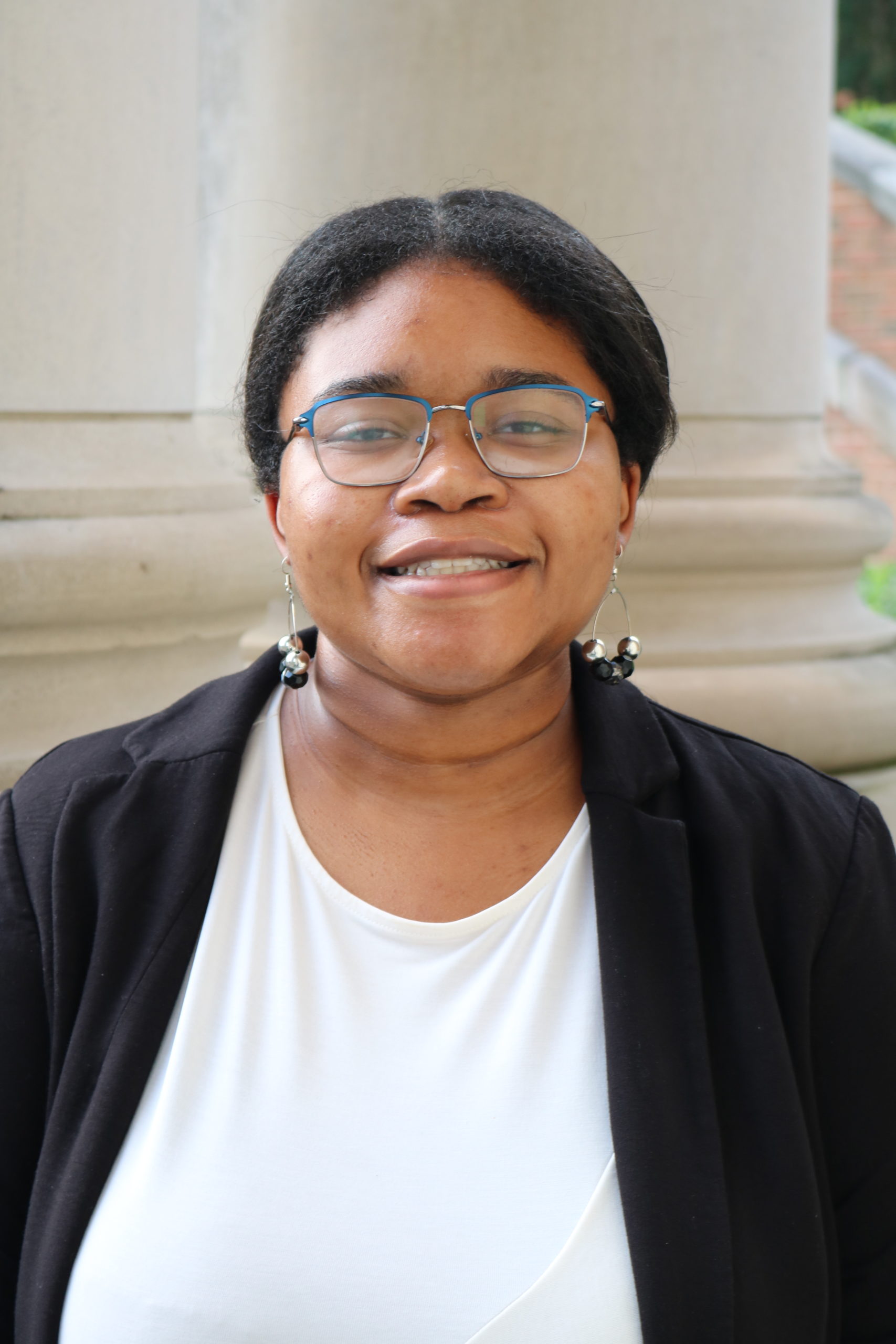In order to combat stereotypes, racism and discrimination toward people of color, it’s important for an individual to take time to learn about how different races have been mistreated in America.
In an effort to do this, several courses, including Native Americans in Society, Special Topics in Race & Culture, as well as Racism in Francophone Africa and the Diaspora are being offered in the fall 2021 semester.
The Native Americans in Society course will explore how Native Americans are represented in the media as well as Native laws and policies, activism, identity and culture, as well as health and wellbeing.
Professor Theresa Davidson will be leading the Native Americans in Society course and explained what she wanted students to take away from the course.
“I hope that students take away that native people are not just oppressed and marginalized. They are also engaged, organized, active, dynamic and creative. They’re doctors, scientists and artists. There is just so much diversity amongst native people,” Davidson said.
Davidson explained how historical ignorance plays into modern misunderstanding.
“We will also look at why native people are so disproportionately marginalized today, which goes back to the false assumptions that native people who were here first on this continent, weren’t really worthy of being seen as equals,” Davidson said. “There’s just so much that we don’t understand about the current situation of native people because we don’t understand the historical foundation for the federal and tribal relationship in this country.”
Professor Niya Miller also opened up about the importance of the course she will be leading, Special Topics in Race & Culture.
“We are living and experiencing a time of racial turmoil. I think it’s important for the students who are not minorities to be exposed to culturally responsive courses. It’s a responsibility to give the Samford student courses that challenge their critical thought,” Miller said.
Miller shared her hopes for the course.
“I want students to leave the class more informed about race and how verbal, written and visual messages create what we understand race to be and how those ideas are preserved and challenged,” Miller said.
Miller and Davidson are mostly looking at race in America, however, Professor Mary McCullough will be teaching a course on the exploitation of Africa.
“For the course, we will start in 1884 where European countries came together and decided which part of Africa to take. Next, we will look at the pseudo-science racial theories to justify the colonialism of Africa. Also, looking at the way that Europeans exploited Africa from a natural resource perspective, human perspective and cultural perspective,” McCullough said.
Junior Lauren Molander explained the importance of courses such as Davidson’s.
“I think this course is just one more opportunity for Samford students to expand their worldview and bring in new perspectives. I believe that courses like these will make us better humans,” Molander said.
Students interested in taking any of these courses can talk to their academic advisor or email Miller at nmiller@samford.edu, Davidson at tcdavids@samford.edu, or McCullough at memccull@samford.edu.

Staff Writer




